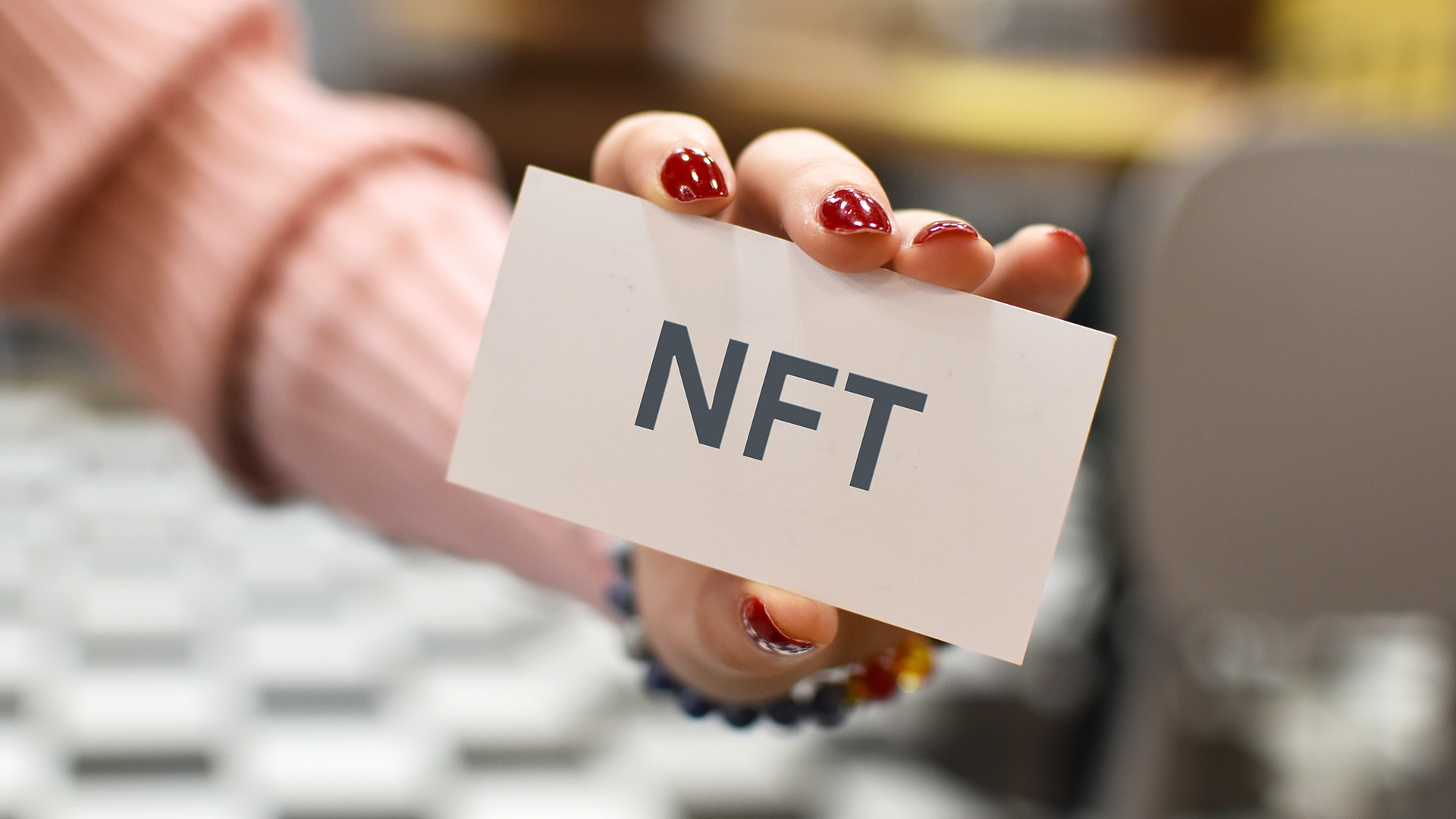In 1998, ICANN – the nonprofit Internet Corp. for Assigned Names and Numbers – started governing the organizational naming structure of the Web with eight generic top-level domains, including .com, .edu, .gov, .int., .mil, .net, .org and .arpa. In 2000, ICANN added 14 new gTLDs, including .biz and .info. But, by and large, these newer domains have been slow to catch on.
Today, ICANN paved the way for what will be the biggest change yet for website naming. Starting on Jan. 12, people will be able to register website addresses in almost any name they want and in almost any language, up to 63 characters long. They will be able to use a suffix, like “.com,” or alternatively use a one-word Internet address with no suffix at all.
As Sam Holmes reported, “the dot-com era is over. Welcome to the dot-anything age.”
In a world where most Internet users are non-English speakers, the new rules will likely usher in a wave of domain-name globalization, with generic top-level domains (gTLDs) being created in non-Latin alphabets, such as Chinese, Arabic and Russian.
And in a world so driven by marketing and commercialism, it will likely spark a wave of naming innovation. For example, instead of a starbucks.com, Starbucks might control the domain “.sbux” and assign Web addresses such as “drink.sbux.” They could also opt for addresses with no suffix, such as “starbucks” – or even “coffee” – alone.
ICANN CEO Rod Beckstrom declared, “The Internet’s addressing system has just been opened up to the limitless possibilities of human imagination and creativity.”
Perhaps.
On the other hand, critics are posing some strong challenges to today’s decision. The new naming rules will undoubtedly be messier, and consumers will likely get confused as they try to navigate around the Internet. Likewise, individuals, companies and other content creators will also be confronted with the new legal costs of protecting their intellectual property against infringement by domain-name prospectors (known as “domainers”).
Will the coming website name flexibility unleash an era of unprecedented innovation, as ICANN expects. Or will it merely cause new headaches for consumers and windfalls for lawyers?
Tell us what you think.


